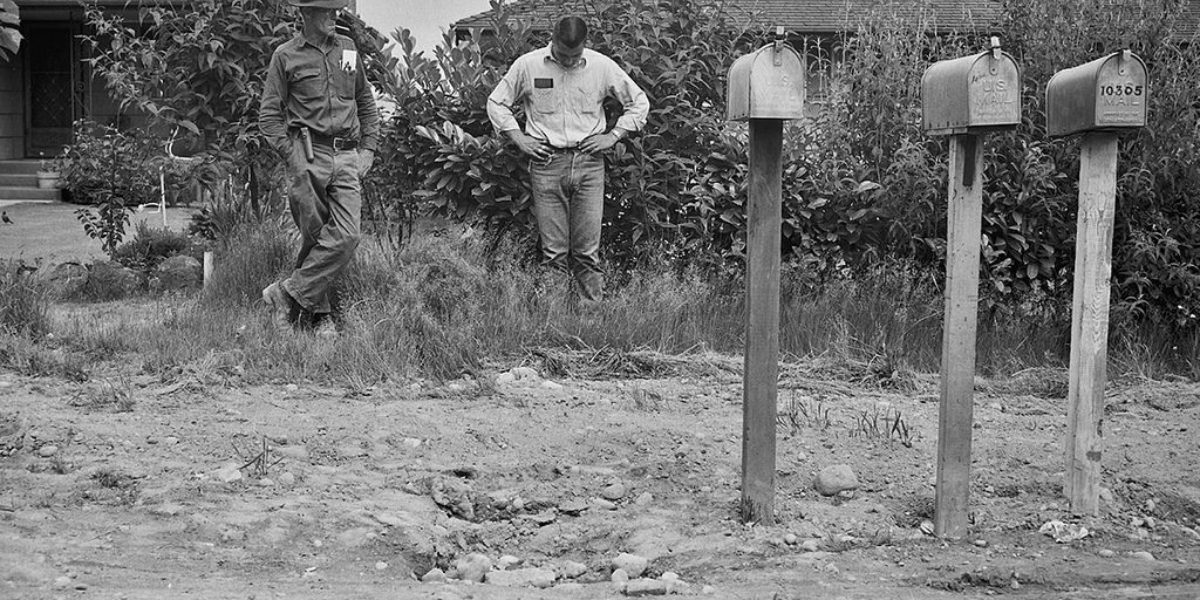Lectio Divina
An ancient way to read the Bible adapted by All Souls staff and used as a process for reflecting, praying, and practicing God's presence.
Many of us struggle to read the Bible with regularity because there are times when, let's just be honest— we don't get much out of it. The process of Lectio Divina (pron. lexio diveenah) can help.
Lectio Divina has been around since the 6th Century, its origins going back to Benedict of Nursia, a radical community-builder whose influence is still felt today. Benedict and others who used and adapted this reading technique had a high view of the Bible:
They, along with the author of Hebrews, saw the Bible as "living and active, sharper than any two-edged sword, piercing to the division of soul and of spirit, of joints and of marrow, and discerning the thoughts and intentions of the heart" (Hebrews 4:12). Whoa. This is because they saw the Bible as given to us by God Himself, our designer and maker, knowing well our frame (check out Psalm 139 some time). God's Word is powerful, but that's not all. God is also at work through His Holy Spirit and present to us in a powerful way when we study His Word. Let this vision of God's desire to be powerfully present in His Word inform your use of Lectio Divina.

Helpful Resources to Get Started
- This bookmark we made summarizes Lectio
- Using a study Bible can help with confusing passages
- Book overviews at The Bible Project offer helpful context
- Bible reading plan: Read Scripture App or emailed options
Four Steps of Lectio Divina
1 | Read with Reading Glasses: Which word or phrase stands out?
Quiet yourself and get ready to read the passage: put on your reading glasses, if you will, and read through the passage paying attention for a word or phrase that jumps out to you. Remember this word or phrase and pray it back to God reflecting on how it has struck you or is being used to describe God and our need of Him.
2 | Read with a Magnifying Glass: Search for the person and work of Christ.
How does this passage point to who Jesus is and what He has done to save, redeem, heal, rescue. How do we see His suffering and sacrificial love anew? How do we see His triumph over death, sin, evil afresh? How does this passage point us to Christ? If this is a new concept for you, there are great resources for this. This Bible is one of them and this video is another.
3 | Read as a Mirror: What does this passage reveal about you?
What is God showing you about yourself as you read this passage? How are you invited to reflect on your relationships: to God, to yourself, to others, to your work in His creation? What dignity does this passage describe in you? What brokenness does this passage describe in you?
4 | Read as a Telescope: How does this passage help you imagine God's Kingdom as a reality?
What will life be like in the new heavens and new earth when God restores all things and brings an end to evil? What are ways you can embody what God has shown you in this passage about His grace and redemptive work right now? How does God's promise to "make all things new" (Revelation 21:5) cause you to take notice of the injustice, oppression, and experience of those in relational and economic poverty? How would you pray for your church community and the communities you find yourself in at work, through parenting, through hobbies, immediate and extended family, etc. Conclude your prayer with a promise or praise from the passage.
- Resources
-
Opening to God
Recommended Book
- Recent Sermons
-
Hope’s Unexpected Trajectory
June 1st, 2025 -
Spirit of Truth
May 25th, 2025 -
Practicing Resurrection
May 18th, 2025
- Upcoming Events
Kids Classes: 04:00PM
Trinity West Seattle
7551 35th Ave SW
Seattle, WA 98126 All Souls Offices
7551 35th Ave SW North Entrance
Seattle, WA 98126 Contact
info@allsoulsseattle.org
- Home Group Resources
-
Winter + Spring 25
Resource -
Week 2 Practicing Sabbath Video: Rest
Resource -
Sabbath 'Best Practices' List
Resource